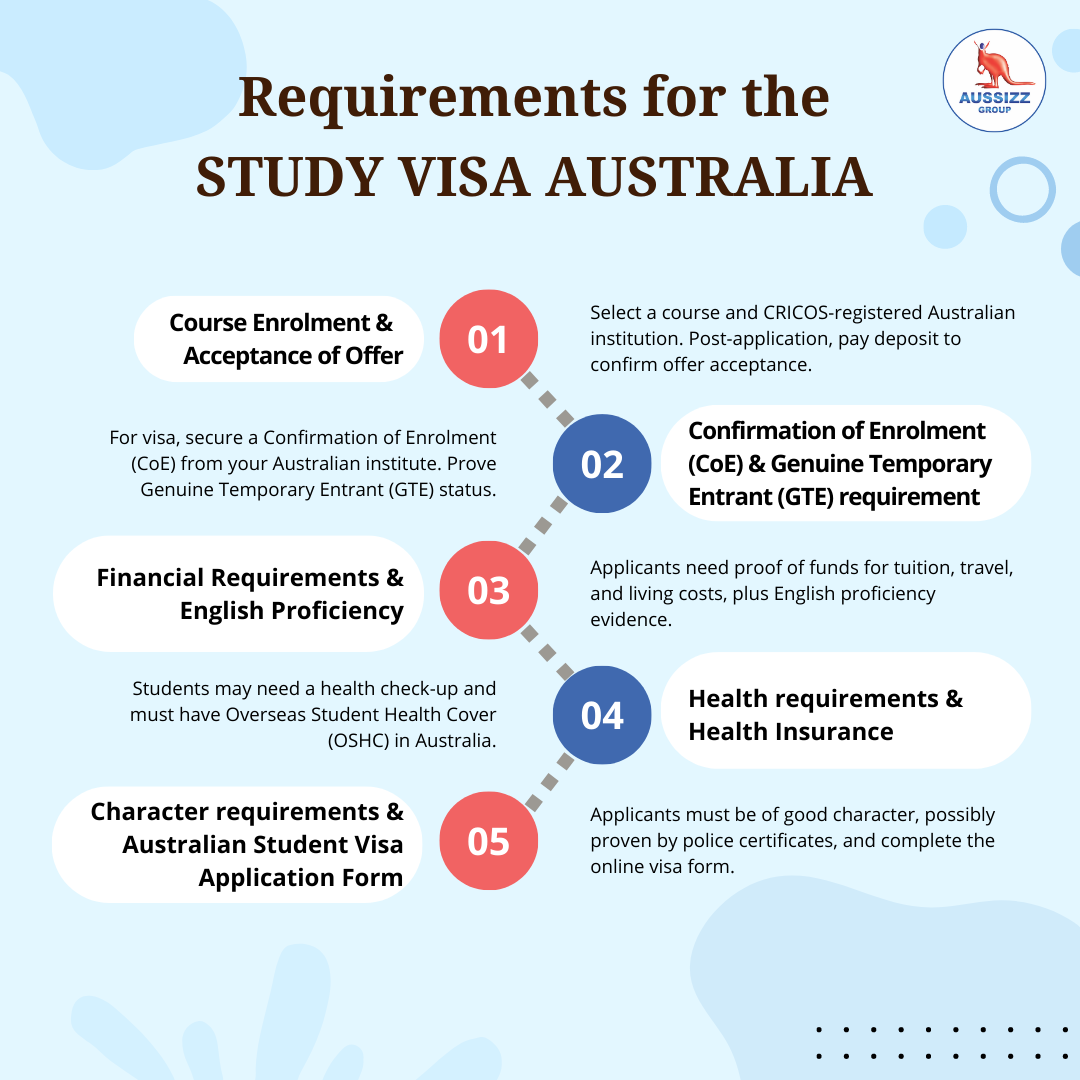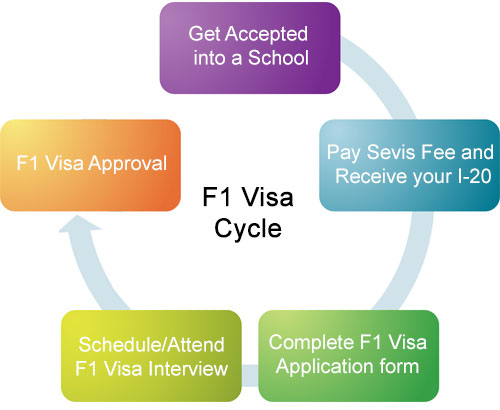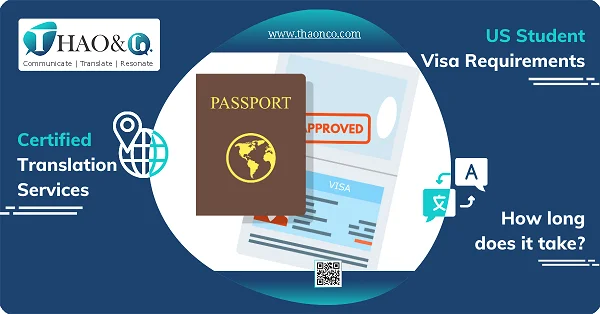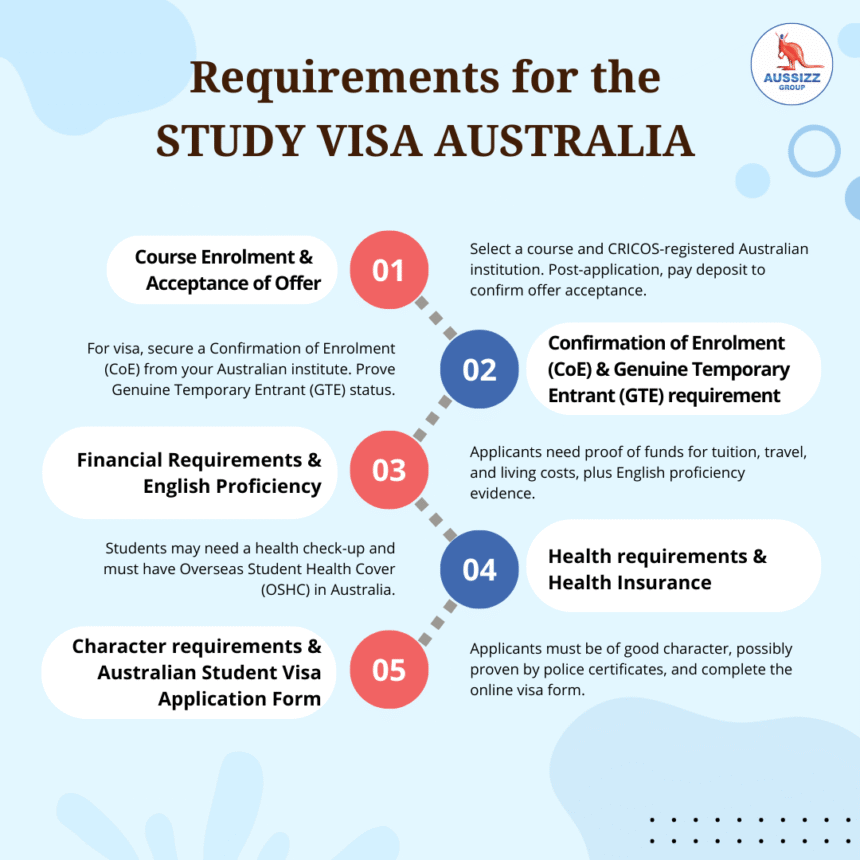Student Visa Requirements: Your Guide to Studying Abroad
If you are planning to study abroad, one of the most crucial steps in the process is understanding student visa requirements. Obtaining the right visa is essential for legally studying in a foreign country. In this guide, we will walk you through the various requirements, processes, and tips to help you secure your student visa with ease.

What is a Student Visa?
A student visa is an official document issued by a country’s government that allows an individual to enter, stay, and study in that country for a specified period. The specific requirements and processes for obtaining a student visa vary depending on the destination country.
Student visas are generally required for international students who plan to study in programs that are longer than a few months. If you plan to study in the USA, UK, Canada, Australia, or Germany, it’s important to understand the specific visa requirements for each country.
Why is a Student Visa Important?
A student visa not only allows you to enter the country but also provides you with the legal status to reside while you pursue your studies. Without the proper visa, you risk facing complications such as being denied entry or being asked to leave the country.
Moreover, a student visa often gives you access to important privileges, such as the ability to work part-time during your studies, or the possibility of applying for a post-graduation work permit.
Key Student Visa Requirements
The specific requirements for a student visa will differ based on the country, but there are some common elements that most student visa applications will require:
1. Proof of Acceptance into an Educational Institution
The first requirement for most student visa applications is proof of acceptance from an accredited educational institution. This typically means having an official acceptance letter from the school where you plan to study.
2. Proof of Financial Support
You need to demonstrate that you have enough financial resources to cover your tuition fees, living expenses, and other costs during your stay. This can include bank statements, scholarship offers, or affidavits of financial support from sponsors.
3. Valid Passport
You must have a valid passport that will remain valid for the duration of your studies. Most countries require that your passport be valid for at least six months beyond your intended stay.
4. Proof of Language Proficiency
Depending on the country and institution, you may be required to provide proof of language proficiency. This is often through standardized tests like the TOEFL or IELTS for English-speaking countries.
5. Health and Character Checks
Many countries require international students to undergo a health screening and background check. These checks ensure that students are not a risk to public health or security.
Student Visa Process
The process for applying for a student visa can be complex, but breaking it down into steps can help you navigate it smoothly. Here’s a general overview of the process:
1. Choose Your Country and Program
The first step is to choose the country where you want to study and the program you wish to enroll in. Once you have decided on your destination, check the visa requirements specific to that country.
2. Apply to Educational Institutions
Once you’ve chosen a program, apply to your preferred institutions. If you are accepted, you’ll receive an acceptance letter, which is needed for your visa application.
3. Gather Required Documents
Collect all necessary documents required for the visa application. These may include your passport, acceptance letter, proof of financial resources, and language proficiency certificates.
4. Submit Your Visa Application
With all documents in hand, submit your visa application to the relevant embassy or consulate. Some countries allow you to apply online, while others may require you to apply in person.
5. Attend Visa Interview (If Required)
Some countries, such as the USA and UK, may require you to attend an interview as part of the visa process. This interview is an opportunity for officials to assess your intentions and determine whether you meet the visa requirements.
6. Wait for Visa Approval
After submitting your application and attending any interviews, the next step is to wait for your visa to be processed. The processing time can vary depending on the country, so it’s essential to apply well in advance.
7. Receive Your Visa
Once your visa is approved, you will receive your student visa. You can then travel to your destination country and begin your studies.

Country-Specific Student Visa Requirements
Different countries have different visa requirements, and it’s important to be familiar with the specific regulations for your chosen destination.
1. Student Visa Requirements for the USA
In the USA, the most common student visa is the F-1 visa. To apply, you need to be enrolled in a full-time study program at an accredited institution. Additionally, you must provide proof of financial support and demonstrate proficiency in English.
One important step in the process is the SEVIS fee (Student and Exchange Visitor Information System), which helps maintain records of international students. Make sure to pay this fee before applying for the visa.
2. Student Visa Requirements for the UK
In the UK, students must apply for a Tier 4 student visa. To qualify, you must have an offer of admission from a recognized educational institution and provide proof of sufficient funds to cover tuition and living expenses.
The UK also requires that you pass an English language proficiency test, unless you are from a majority English-speaking country.
3. Student Visa Requirements for Canada
Canada offers the Study Permit for international students. To apply, you need an acceptance letter from a Designated Learning Institution (DLI), proof of financial support, and a clean criminal record. Students must also demonstrate they intend to leave Canada after their studies.
Additionally, certain health checks and biometrics may be required depending on the student’s country of origin.
4. Student Visa Requirements for Australia
Australia requires a subclass 500 student visa for international students. You need an offer of enrollment from a registered Australian education provider and must meet certain health and character requirements.
Students are also required to demonstrate sufficient funds to cover living costs, as well as any associated fees, and may be required to submit an English proficiency test result.
5. Student Visa Requirements for Germany
Germany’s student visa requirements include a university admission letter, proof of financial resources (often around €10,000 per year), and health insurance coverage. Students applying for a visa to Germany must also prove their proficiency in the German language or English, depending on the course.

Common Challenges in Student Visa Applications
While applying for a student visa is generally a straightforward process, there can be challenges. Here are some common issues students face:
-
Inadequate Proof of Financial Support: If you don’t provide adequate evidence of financial resources, your application may be denied. Make sure to have bank statements, scholarship offers, or financial guarantees to demonstrate you can support yourself.
-
Failure to Meet Language Requirements: Many countries require proof of language proficiency. Ensure you take the necessary tests and meet the required score thresholds.
-
Incomplete Application: Missing documents or incorrect information can delay your visa application. Always double-check your application before submission.
FAQs
1. How long does it take to get a student visa?
The processing time for a student visa can range from a few weeks to several months, depending on the country. It’s essential to apply as early as possible to avoid delays.
2. Can I work while on a student visa?
Many student visas allow you to work part-time during your studies, but there are restrictions. For example, in the USA, F-1 visa holders can work up to 20 hours per week during the semester and full-time during breaks.
3. Can I extend my student visa?
Most student visas can be extended if you continue your studies. However, you must apply for an extension before your current visa expires.
4. What happens if my student visa is denied?
If your visa is denied, you can reapply after addressing the reason for the denial. Common reasons for denial include insufficient financial support or failure to meet language proficiency requirements.
Conclusion
Understanding student visa requirements is a critical part of the study abroad process. With the right preparation, including gathering required documents and meeting specific country requirements, you can successfully navigate the visa application process. Always stay informed and start your application early to ensure a smooth journey to studying abroad.











